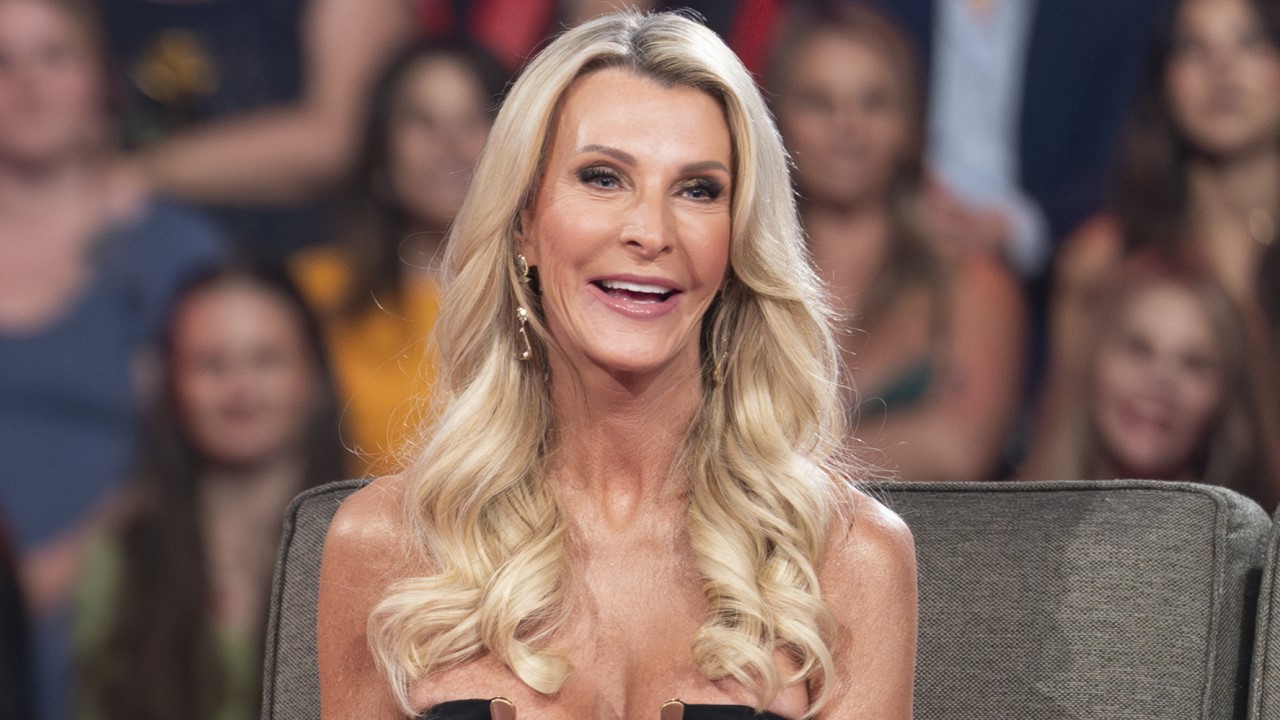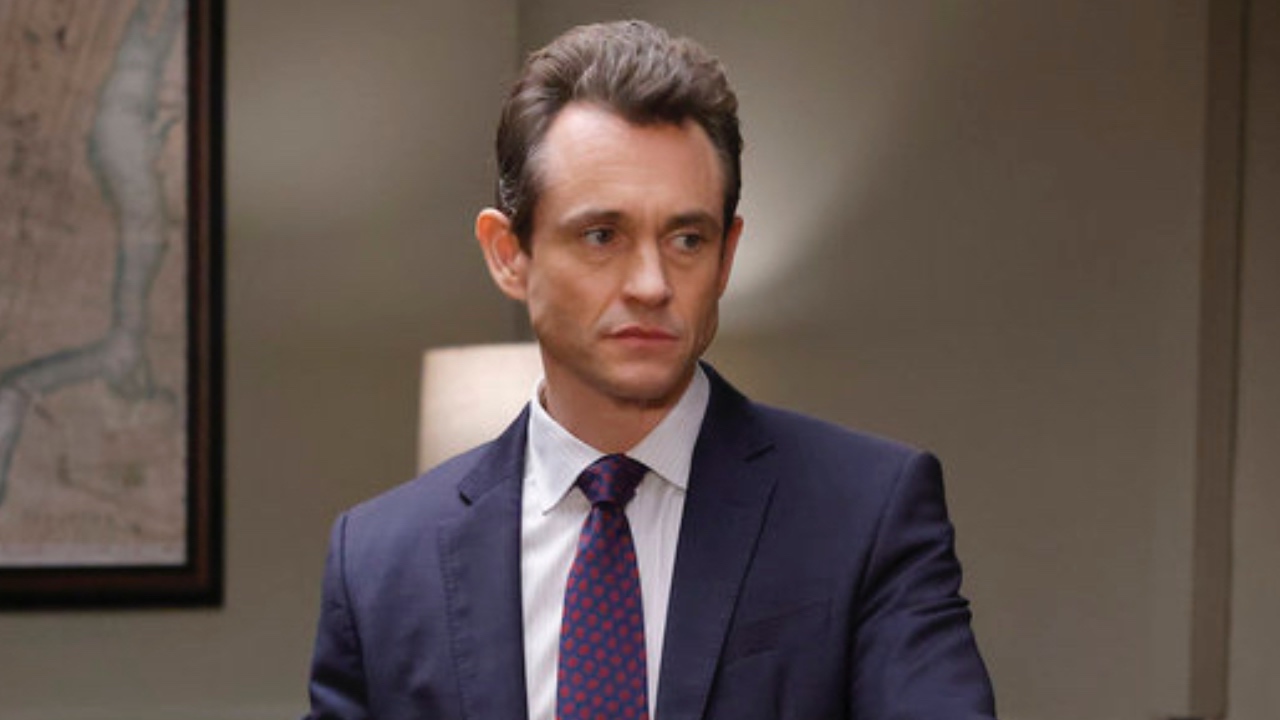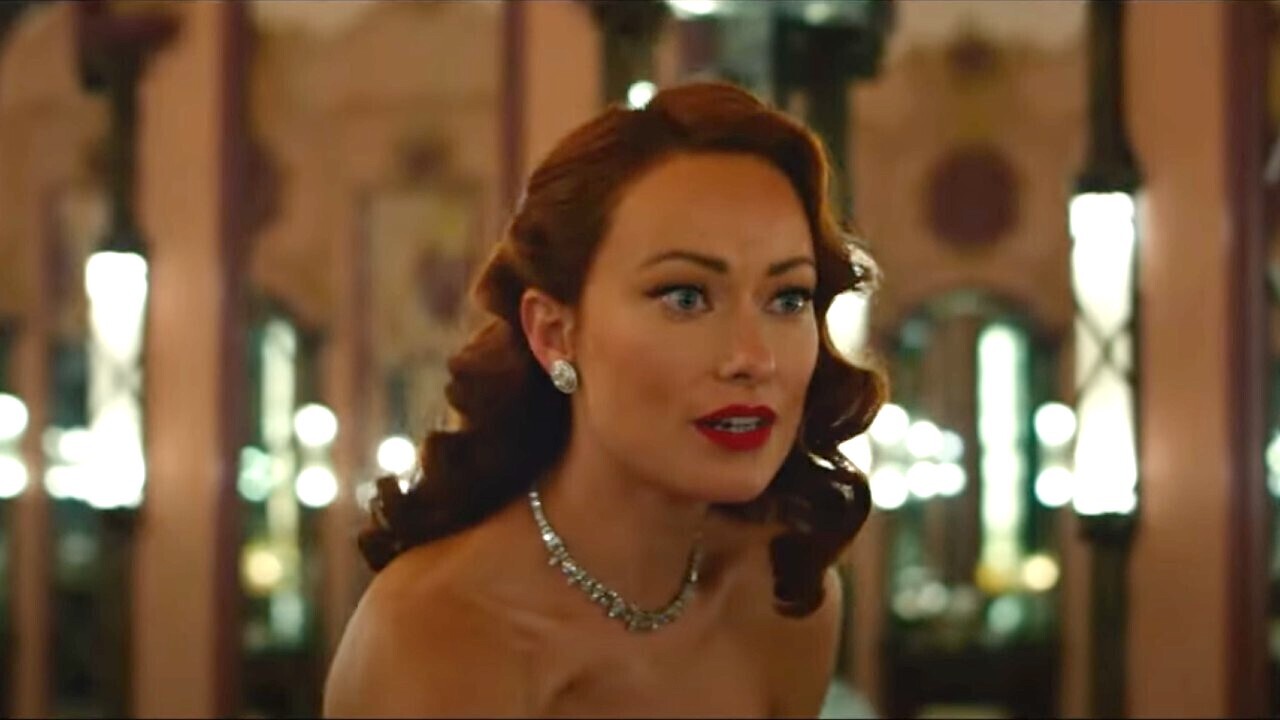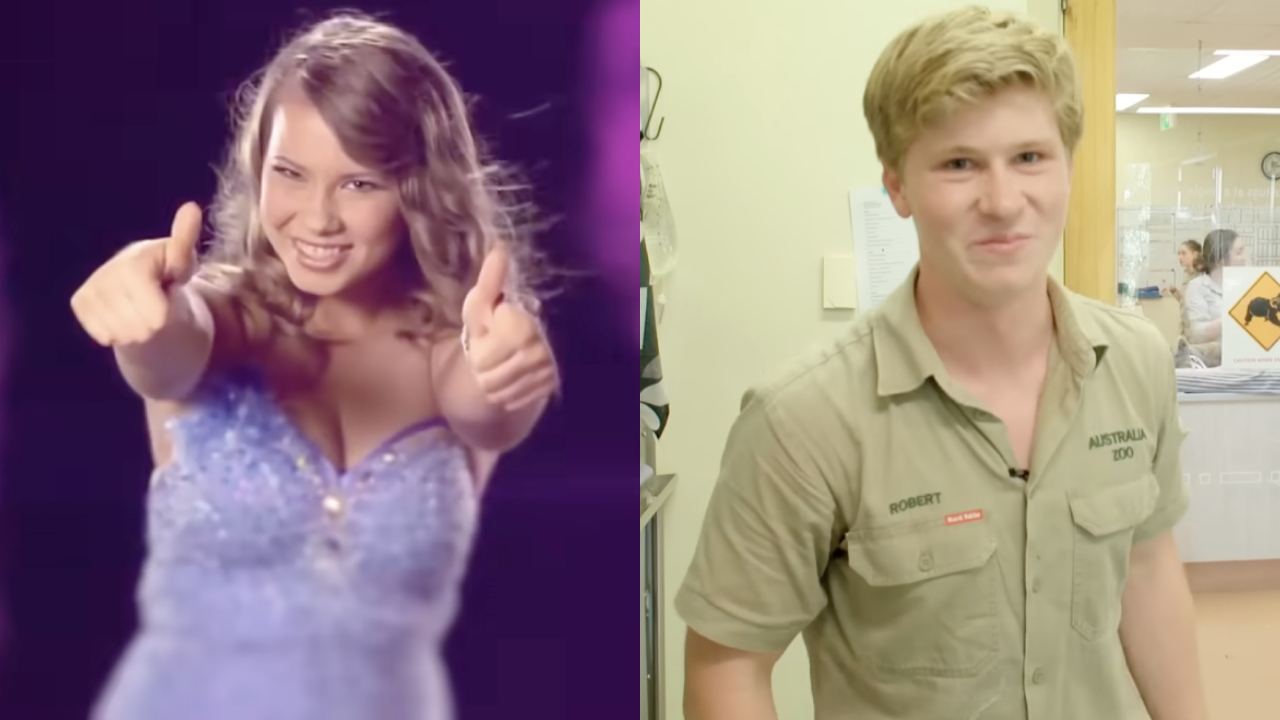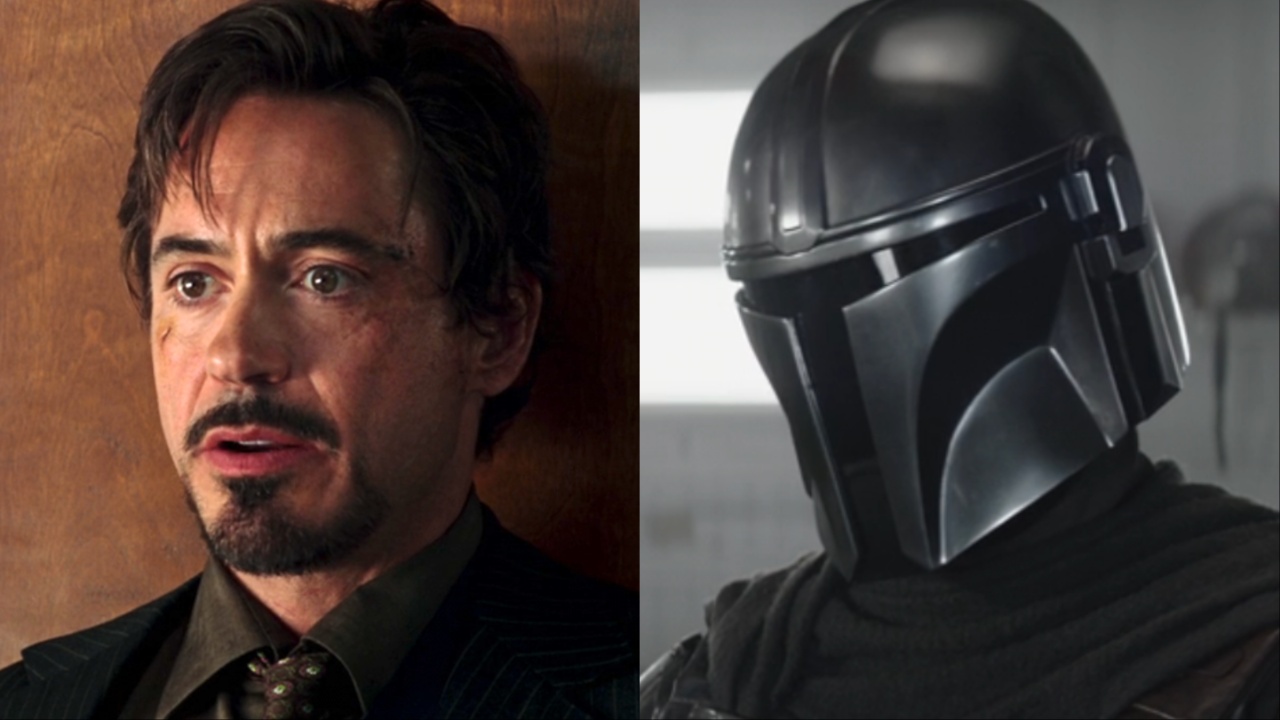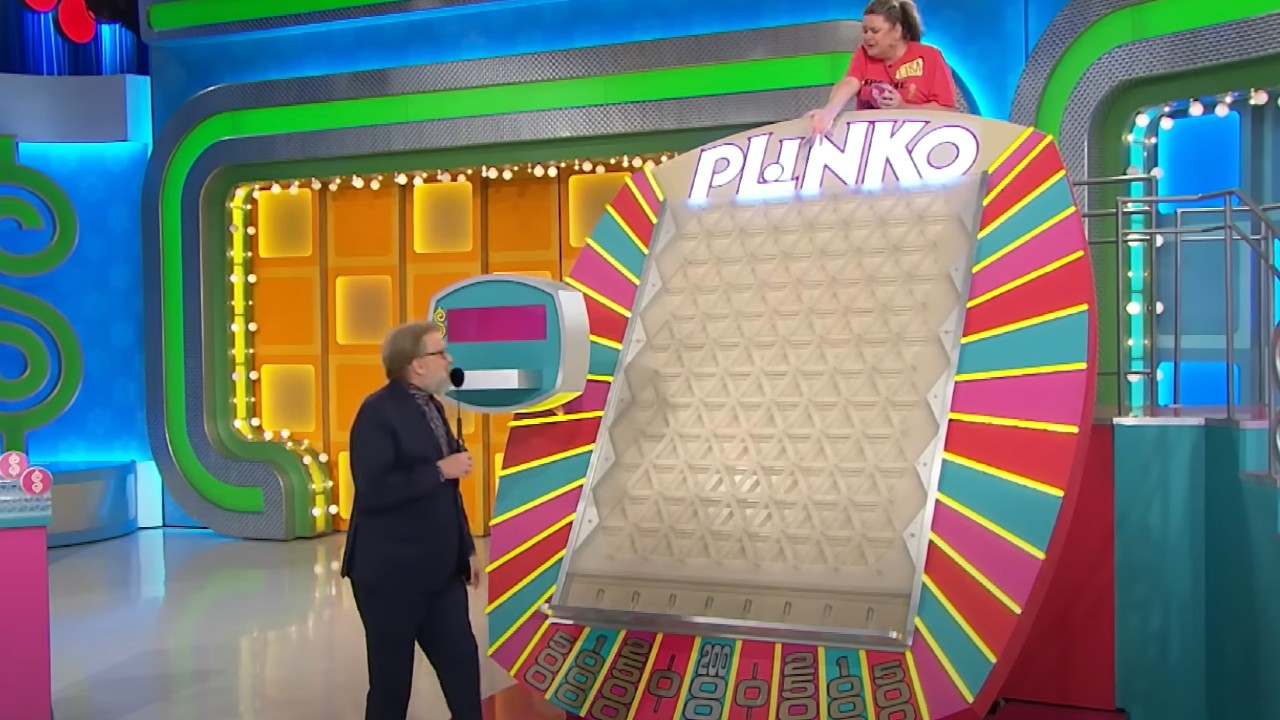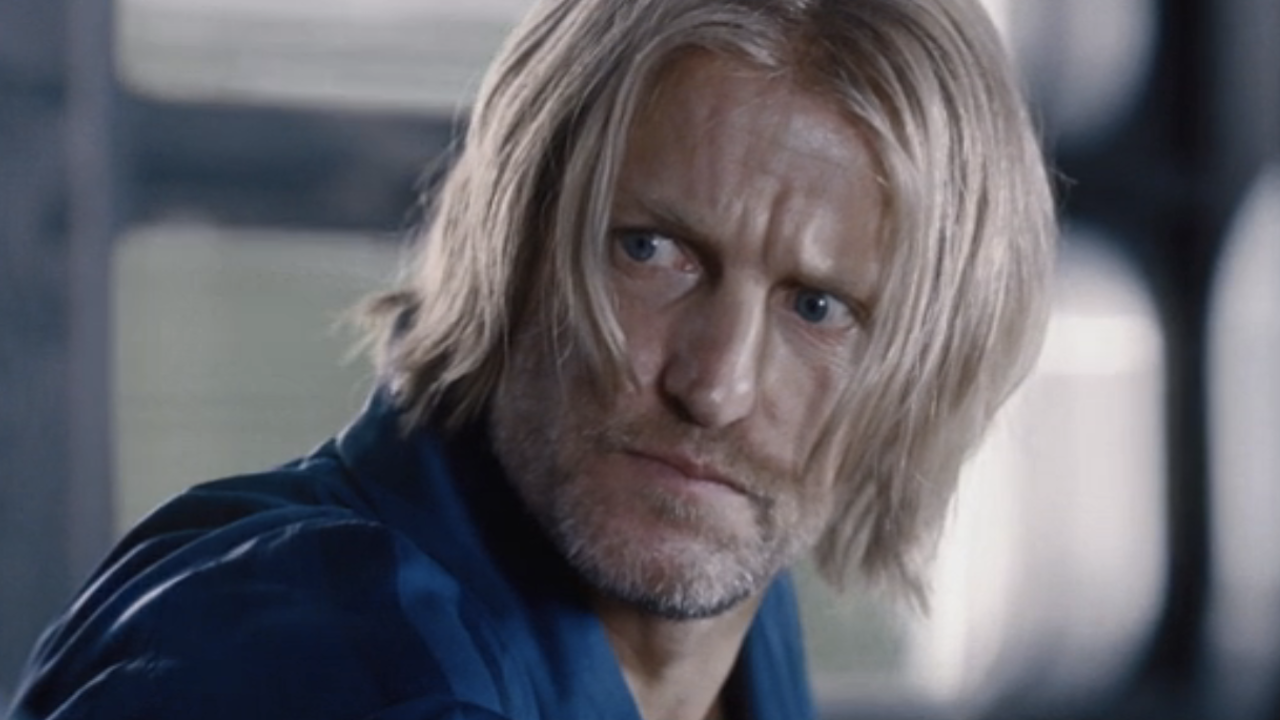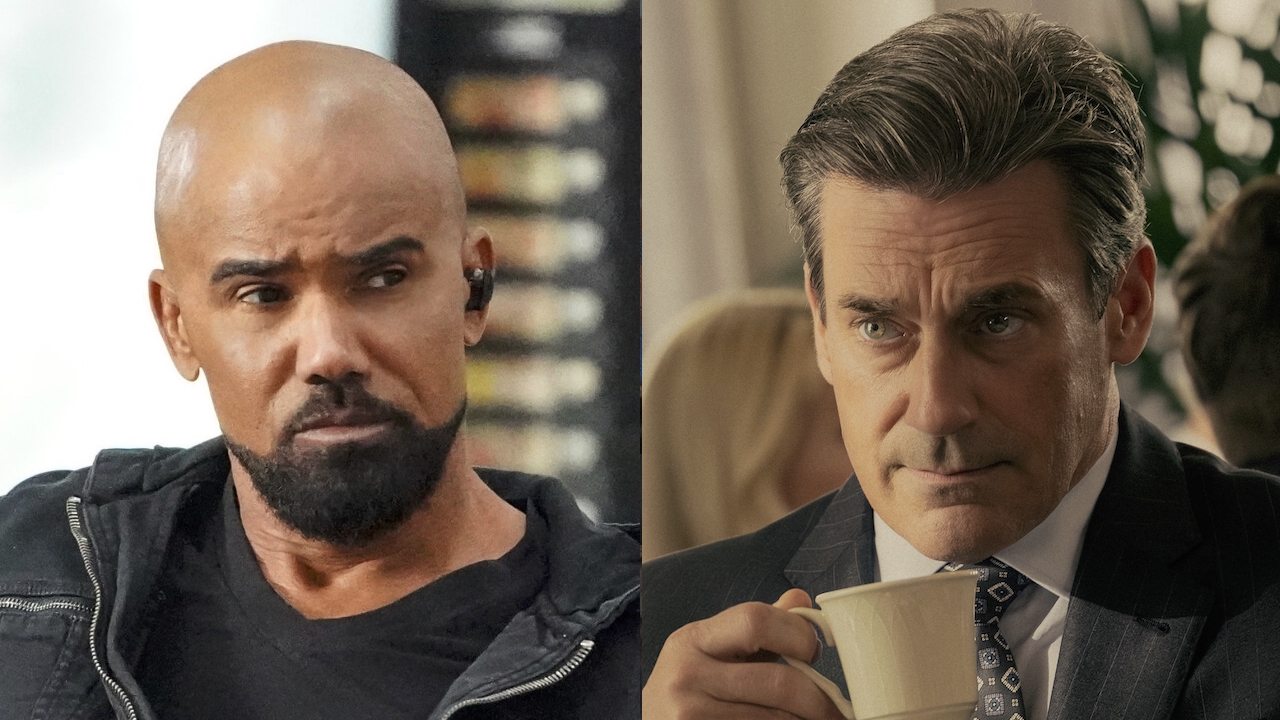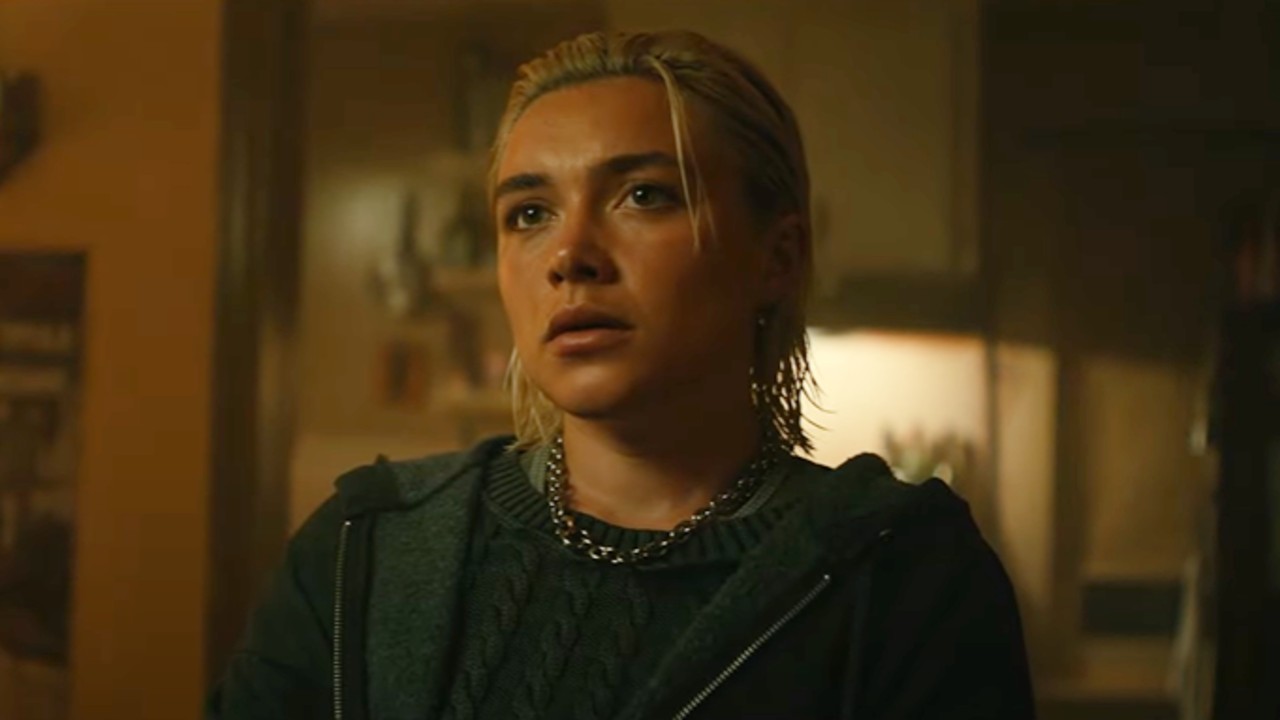Arguing The One-Price Ticket System: Should All Movie Tickets Cost The Same?
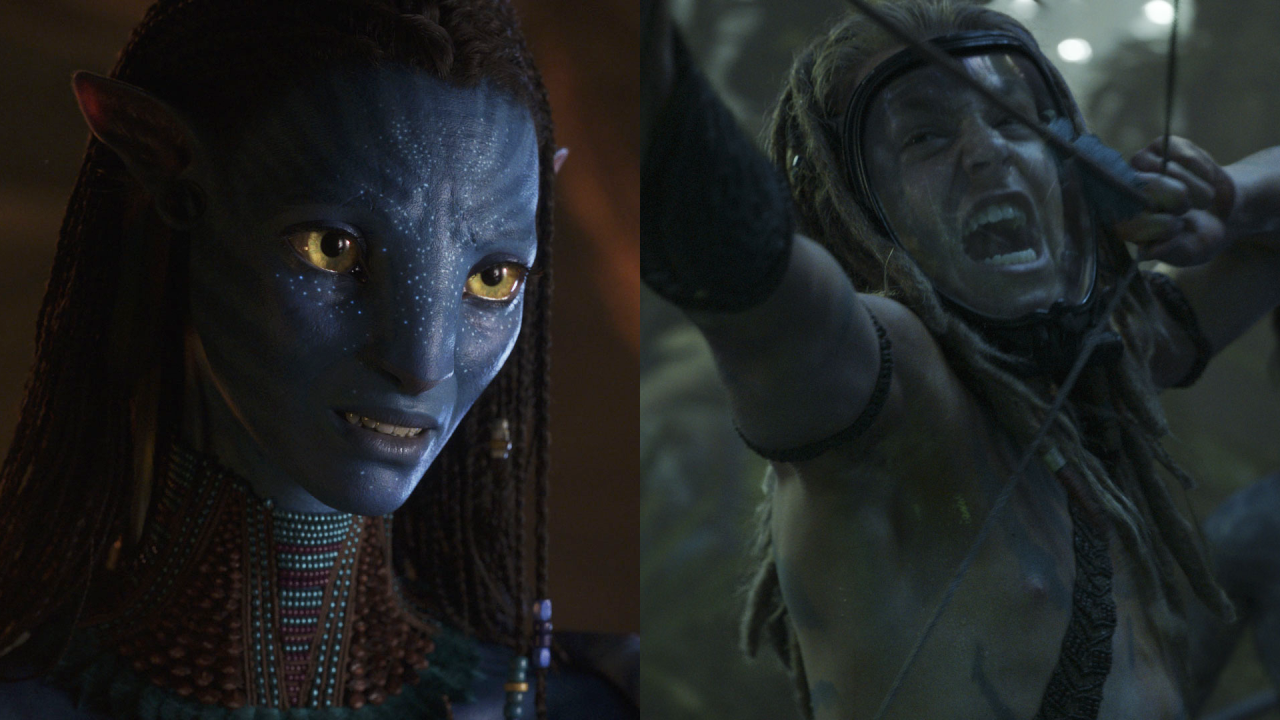
Would you pay more money for a ticket for a big budget blockbuster type movie than you might for a smaller film? Just yesterday we shared some of Roger Ebert’s thoughts on the subject of the decline in movie ticket sales, which he posted on his blog. The Atlantic’s Derek Thompson ran an interesting article this week that explores the topic of uniform pricing as it relates to movie tickets, and factors in the question of demand and whether that should have an effect on the price of movie tickets.
The examples Thompson uses at the start of the article are Mission: Impossible and Young Adult, both of which are in theaters now, though the amount of money each is making is very different. So why do tickets for both films cost the same? If Mission: Impossible - Ghost Protocol has made more than a hundred million dollars, and Young Adult has only made a fraction of that, why don’t theaters charge more for the action movie and less for Young Adult?
The article goes on to talk about the history of the one-price ticket system, monopolies between producers and distributors, and event-movie pricing (premium tickets for a few “big” movies), which seemed to disappear around the time The Godfather released in 1972.
?All of this leads up to a list of theories as to why the one-price ticket system has been in place for so many years. Here are a couple:
1) Theaters do price discriminate already, kind of, but they do it with space. At the multiplex, not all theaters are alike. Bigger movies get more theaters with better technology. Smaller movies get older theaters with smaller screens.
I’ve actually sat in the smaller theaters that feel more like a screening room than a full-on theater. And despite the feeling of surprise as I walk into a much smaller room than I expected, it makes sense if I’m seeing a movie that’s been out for weeks or longer, or it’s a smaller film that isn’t likely to fill a huge theater. Why waste the space? Still, given the size of the screen, it does seem like I should be paying less for my ticket.
The second point raises the issue I’ve made in the past. Why don’t theaters lower prices for movies after opening weekend. Derek Thompson’s argument to this is that:
2) You can't consistently cut prices after a successful opening weekend. If people knew that ticket prices would fall after a big opening, many more would wait until the second or third weekend to see it, which would, ironically, destroy the meaning of opening weekends.
While I see his point as far as the relevance of opening weekends, I also think people that have decided altogether that they aren’t going to see the movie in the theater because it’s too expensive, might reconsider going to see it in the later weeks once the price has dropped. The real question is, would the percentage of people who skipped opening weekend to wait for cheaper tickets be significantly greater than the people who wouldn’t have seen it at all if not for the price reduction? If the latter outweighs the former by enough, that would make all the difference.
CINEMABLEND NEWSLETTER
Your Daily Blend of Entertainment News
The third item on the list discusses how a lower price for a movie ticket might cause the buyer to believe the movie is garbage because the ticket costs less...
3) Price can repel as easily as it attracts, because it's a signal of quality. If your a theater showing one movie for $6, one movie for $10, and another for $12, perhaps fewer people will see the $6 movie because they assume it's garbage.
That may also be a reasonable point to some extent, but I have to wonder how much of an effect it would make on actual ticket sales and whether it’s giving the movie-goer enough credit on their decision making abilities. If we look at the cost of blu-ray/DVDs as an example, do we, as consumers, assume that the cost of the DVD reflects on the quality of the film? Amazon has The Godfather available on blu-ray for $16.49. Meanwhile, The Twilight Saga: Breaking Dawn Part 1 is available for pre-order for $22.99. Granted, it’s a special edition, but still...
Will people compare the quality of the two films based on the price alone? Hopefully not. The difference is in the demand and people are likely to expect that. One movie’s been out for decades, while another only released in theaters last year. Even if the tickets were broken down by the expected demand, or budget for the film, I think people would make their choice based more on what they want to see versus how much the ticket cost. That said, if someone wanted to see both Mission: Impossible and Young Adult, they might choose the latter because it would save them a few dollars.
Over all, Thompson’s arguments, the rest of which you can read here, are definitely worth considering and put together could explain why the one-price ticket system hasn’t budged. But something may have to change to get people coming back to the theater, and I hope it does. 2012 definitely appears to be offering a number of promising looking films, including a few that movie fans are eagerly anticipating, but will the cost of going to the theater hold ticket sales back regardless?
Another big question is, will people continue to be content for the once-price-fits-all system (excluding 3D tickets)?
We’ll put it to you...
Would you be ok continuing to pay the same price for a movie ticket no matter what the movie was, if the ticket prices dropped (or ceased to rise for a while) across the board?
Would you rather pay more for a big blockbuster movie and less for a smaller-budgeted independent film?
Do you think a system that based price on when the movie was released and how long it was in theaters would work?
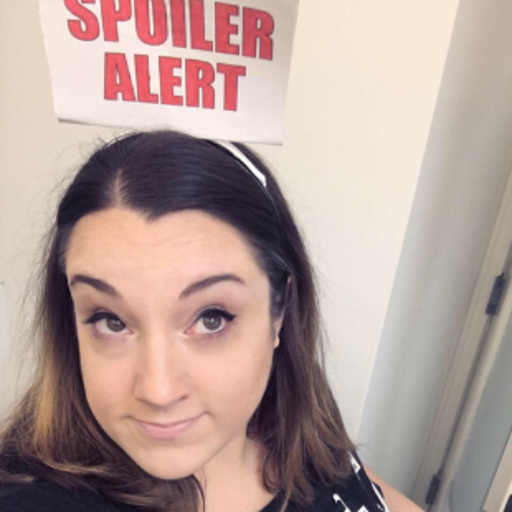
Kelly put her life-long love of movies, TV and books to greater use when she joined CinemaBlend as a freelance TV news writer in 2006, and went on to serve as the site’s TV Editor before joining the staff full-time in 2011 and moving over to other roles at the site. At present, she’s an Assistant Managing Editor who spends much of her time brainstorming and editing features, analyzing site data, working with writers and editors on content planning and the workflow, and (of course) continuing to obsess over the best movies and TV shows (those that already exist, and the many on the way). She graduated from SUNY Cortland with BA in Communication Studies and a minor in Cinema Studies. When she isn't working, she's probably thinking about work, or reading (or listening to a book), and making sure her cats are living their absolute best feline lives.
